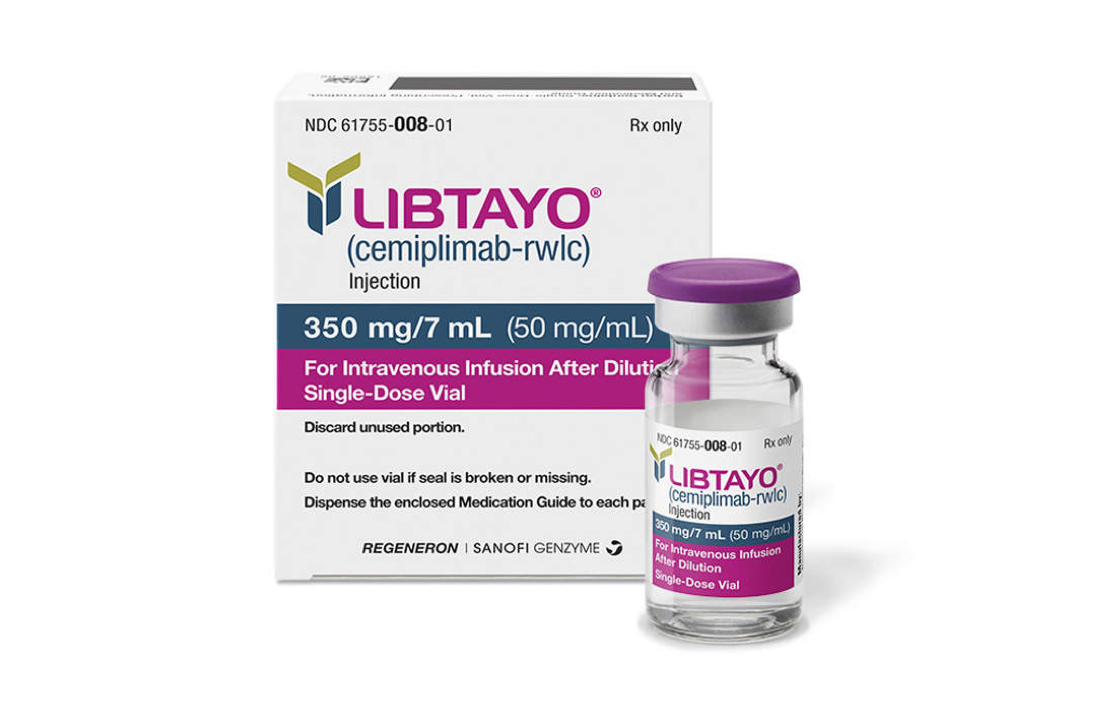Keytruda (pembrolizumab) vs Libtayo (cemiplimab)
Keytruda (pembrolizumab) vs Libtayo (cemiplimab)
Keytruda (pembrolizumab) and Libtayo (cemiplimab) are both immune checkpoint inhibitors, but they target different proteins; Keytruda blocks PD-1, while Libtayo targets PD-1 as well. Keytruda is approved for a wider range of cancers, including melanoma, lung cancer, head and neck cancer, and others, and has a more established safety and efficacy profile due to its earlier FDA approval and extensive clinical use. In contrast, Libtayo is more specifically approved for certain types of skin cancers, such as cutaneous squamous cell carcinoma, and has shown significant efficacy in these areas. When deciding between the two, it is crucial to consider the specific type of cancer, the patient's overall health, and the safety profiles of each medication, in consultation with a healthcare provider.
Difference between Keytruda and Libtayo
| Metric | Keytruda (pembrolizumab) | Libtayo (cemiplimab) |
|---|---|---|
| Generic name | Pembrolizumab | Cemiplimab |
| Indications | Various types of cancers including melanoma, lung cancer, head and neck cancer, Hodgkin lymphoma, and others | Cutaneous squamous cell carcinoma, basal cell carcinoma, and non-small cell lung cancer |
| Mechanism of action | PD-1 blocking antibody that promotes immune response against cancer cells | PD-1 blocking antibody that promotes immune response against cancer cells |
| Brand names | Keytruda | Libtayo |
| Administrative route | Intravenous infusion | Intravenous infusion |
| Side effects | Fatigue, musculoskeletal pain, decreased appetite, pruritus, diarrhea, nausea, rash, pyrexia, cough, dyspnea, constipation | Fatigue, rash, diarrhea, musculoskeletal pain, pruritus |
| Contraindications | Severe hypersensitivity to pembrolizumab or any of its excipients | Severe hypersensitivity to cemiplimab or any of its excipients |
| Drug class | Anti-PD-1 monoclonal antibody | Anti-PD-1 monoclonal antibody |
| Manufacturer | Merck & Co. | Regeneron Pharmaceuticals in collaboration with Sanofi |
Efficacy
Keytruda (Pembrolizumab) Efficacy in Lung Cancer
Keytruda, known generically as pembrolizumab, is a checkpoint inhibitor that has shown significant efficacy in the treatment of lung cancer, specifically non-small cell lung cancer (NSCLC). As an immune checkpoint inhibitor, it works by blocking the PD-1 pathway, which cancer cells often exploit to evade the immune system. Clinical trials have demonstrated that Keytruda can lead to improved survival rates in patients with NSCLC, particularly in those whose tumors express PD-L1 in at least 1% of cells and who have not received prior chemotherapy for metastatic disease. Its efficacy is further enhanced when combined with standard chemotherapy regimens, offering a substantial improvement over chemotherapy alone.
Keytruda's efficacy varies depending on the stage of lung cancer and the PD-L1 expression level. In advanced NSCLC with high PD-L1 expression (tumor proportion score of 50% or more), Keytruda has been shown to significantly improve overall survival compared to chemotherapy. For patients with lower PD-L1 expression levels, the benefits of Keytruda in combination with chemotherapy have also been established, making it a versatile treatment option across different patient subgroups.
Libtayo (Cemiplimab) Efficacy in Lung Cancer
Libtayo, or cemiplimab, is another immune checkpoint inhibitor targeting the PD-1 pathway, and it has shown promise in the treatment of NSCLC as well. Similar to pembrolizumab, cemiplimab works by enhancing the body's immune response against cancer cells. It has been evaluated in clinical trials for its efficacy in patients with advanced NSCLC with high PD-L1 expression (tumor proportion score of 50% or more) and has demonstrated a significant improvement in overall survival compared to chemotherapy alone.
The use of Libtayo is particularly noteworthy in cases where NSCLC is associated with high levels of PD-L1 expression and patients have either progressed on or are not candidates for surgical and/or radiation therapies. Its efficacy in these patient populations provides an additional therapeutic option that can lead to better outcomes. As research continues, the role of Libtayo in the broader landscape of lung cancer treatment may expand, potentially benefiting a wider range of patients with different characteristics of the disease.
Regulatory Agency Approvals
Keytruda
-
European Medical Agency (EMA), European Union

-
Food and Drug Administration (FDA), USA

-
Health Canada

-
Therapeutic Goods Administration (TGA), Australia

-
Medsafe (NZ)

Libtayo
-
European Medical Agency (EMA), European Union

-
Food and Drug Administration (FDA), USA

-
Health Canada

Access Keytruda or Libtayo today
If Keytruda or Libtayo are not approved or available in your country (e.g. due to supply issues), you can access them via Everyone.org.
How it works

Make an enquiry
Choose the medicine you want to buy, answer a couple of questions, and upload your prescription to speed things up. We’ll get back to you within 24 hours.


Make an enquiry
Choose the medicine you want to buy, answer a couple of questions, and upload your prescription to speed things up. We’ll get back to you within 24 hours.


Breeze through the paperwork
We'll guide you through the required documents for importing unapproved medicine, ensuring you have all the necessary information.


Get a personalized quote
We’ll prepare a quote for you, including medicine costs and any shipping, administrative, or import fees that may apply.


Receive your medicine
Accept the quote and we’ll handle the rest - sourcing and safely delivering your medicine.

Some text on this page has been automatically generated. Speak to your physician before you start a new treatment or medication.
Let's talk
If you have any questions, call us or send us a message through WhatsApp or email:
Contact us




